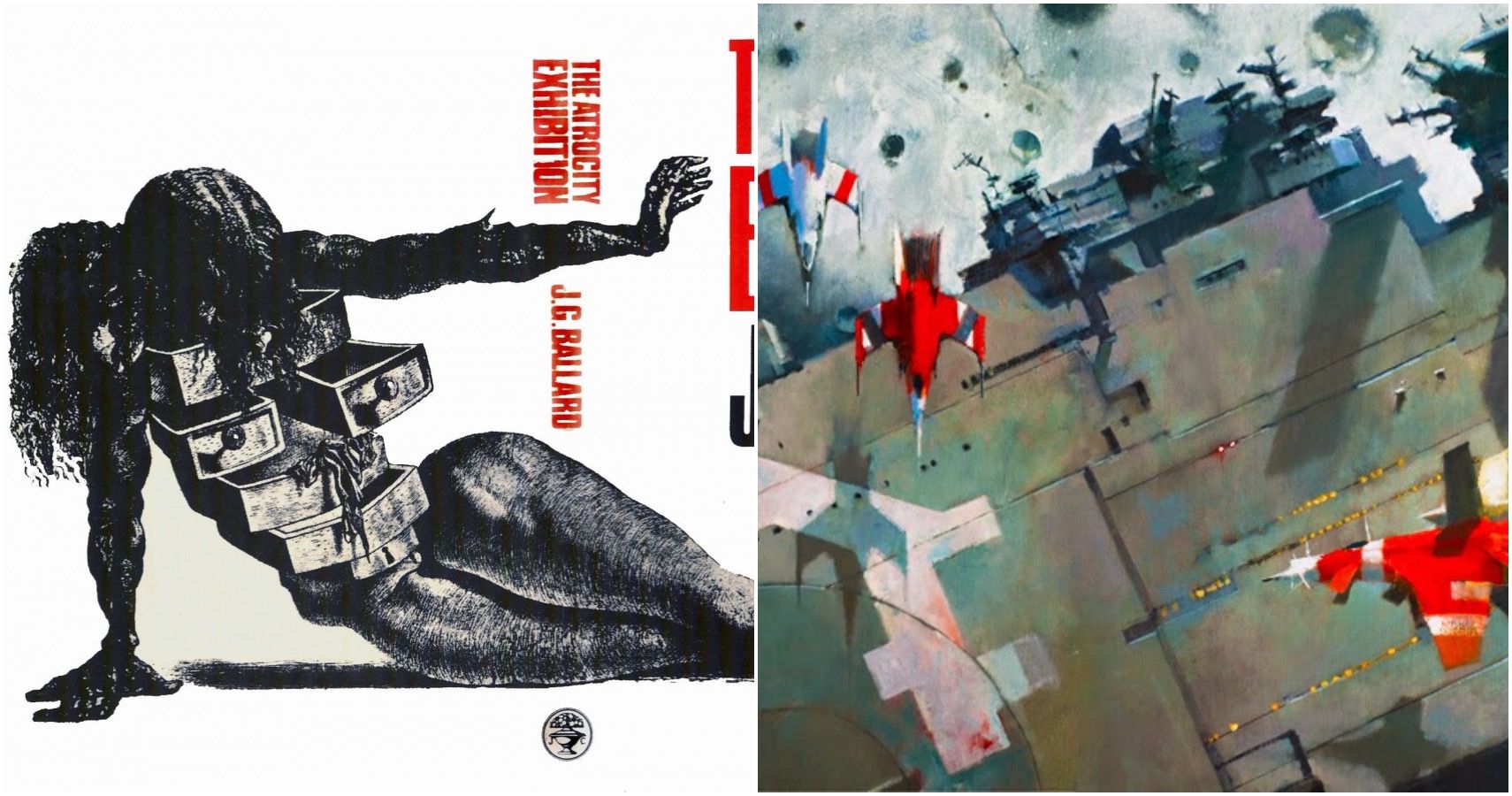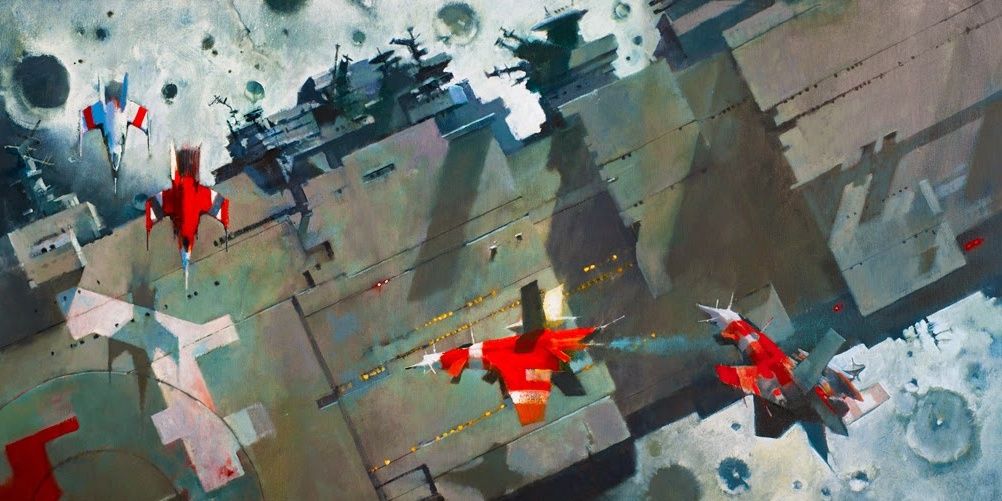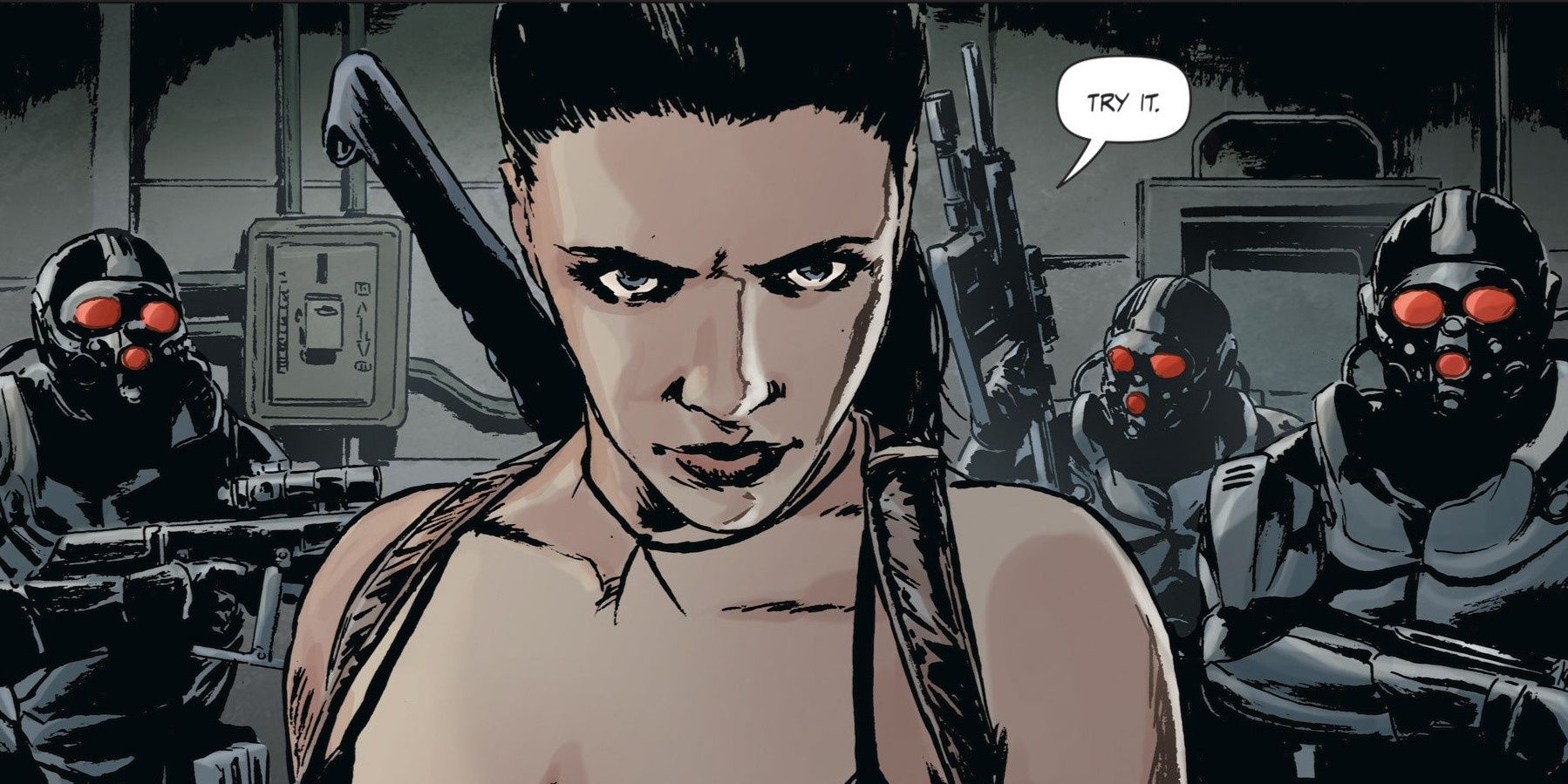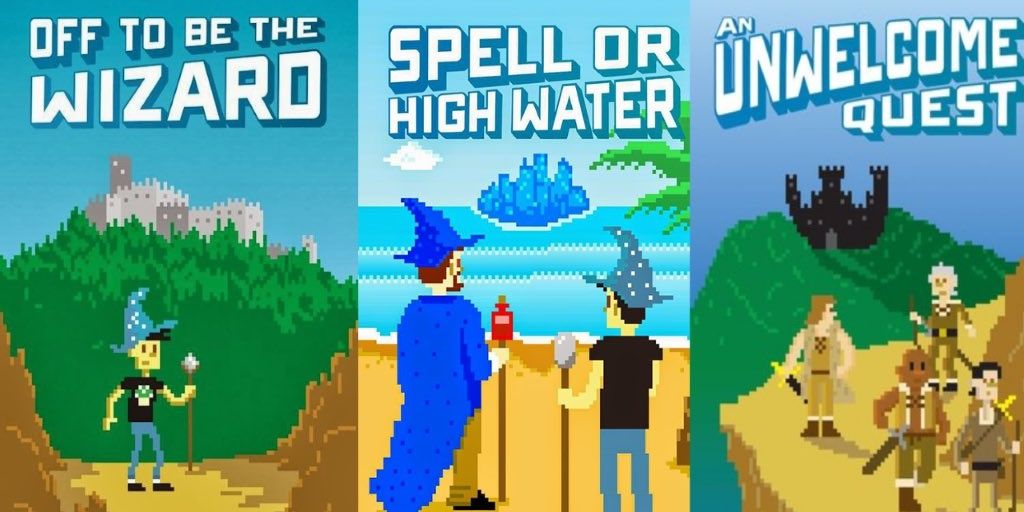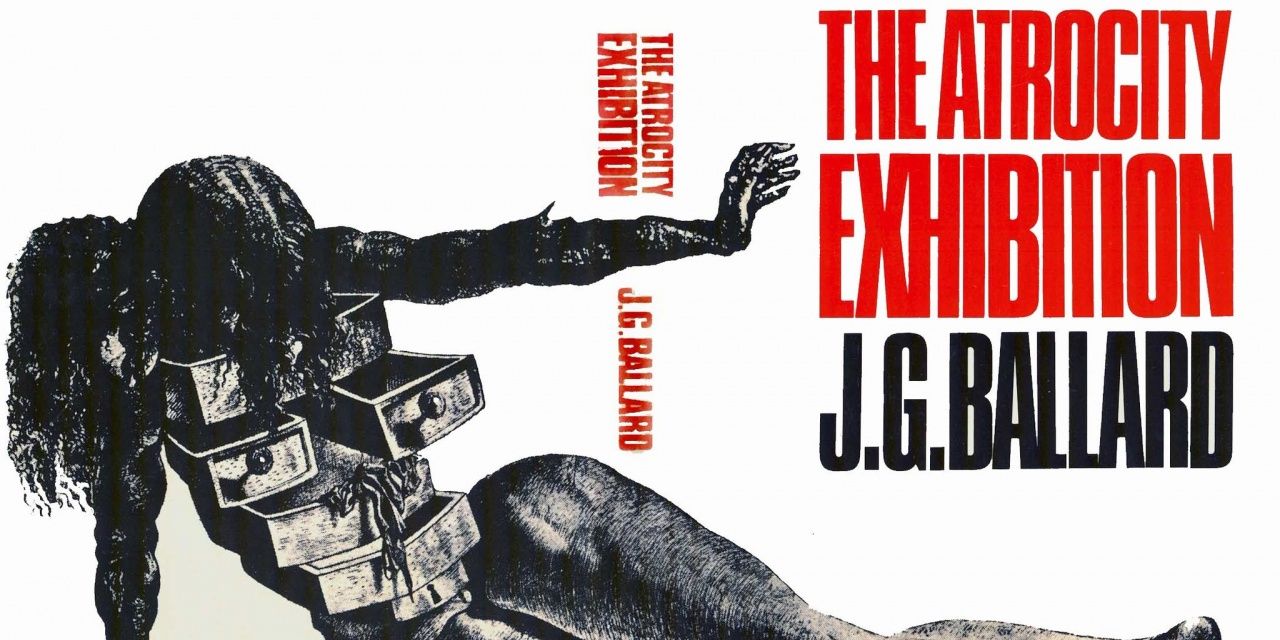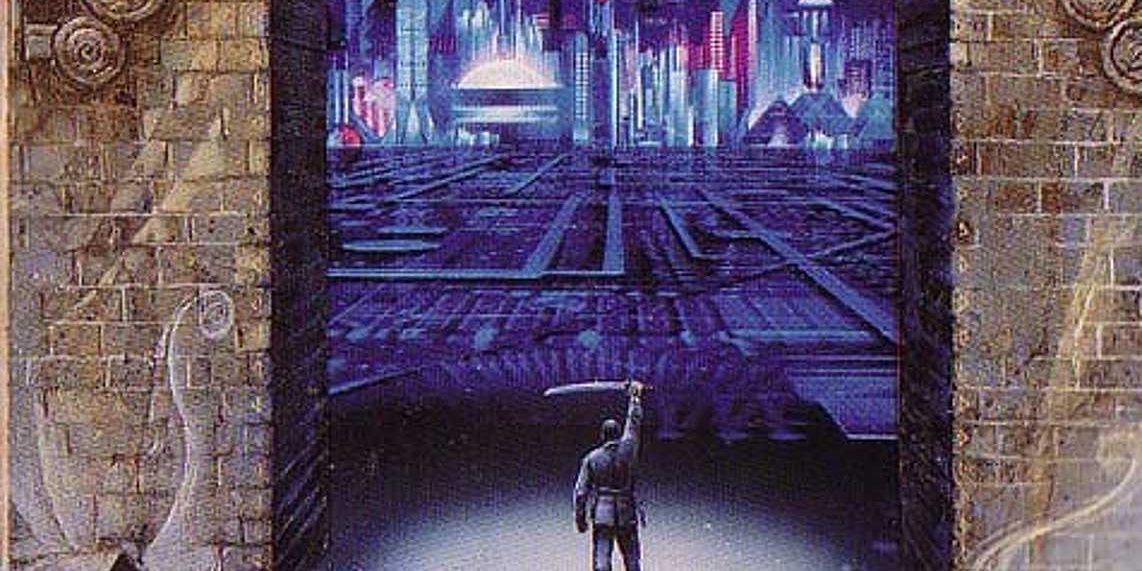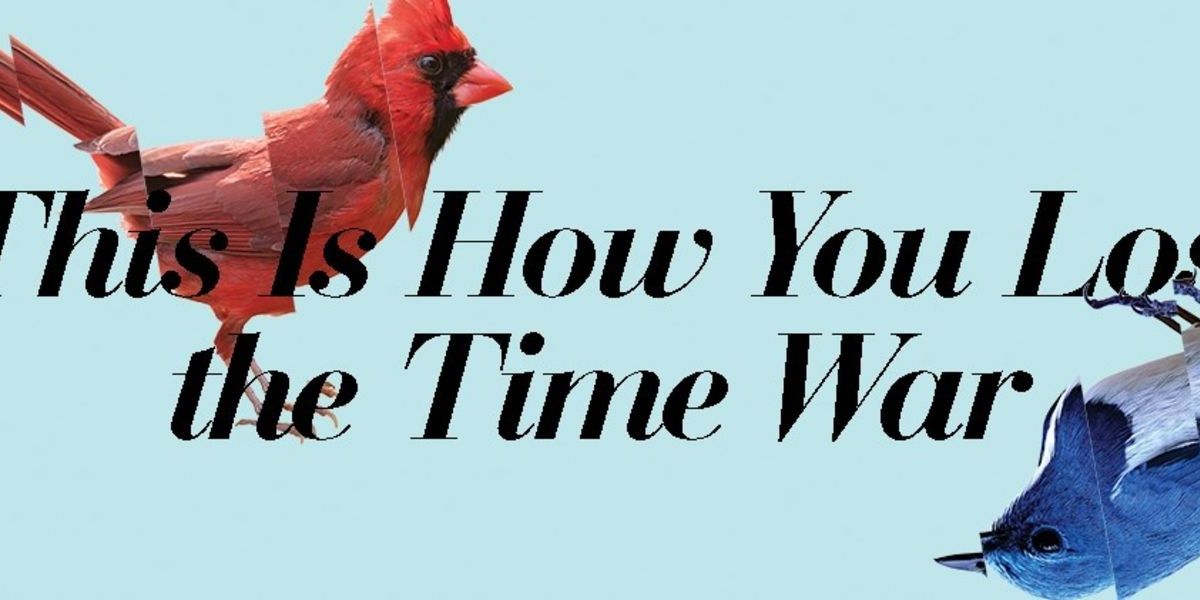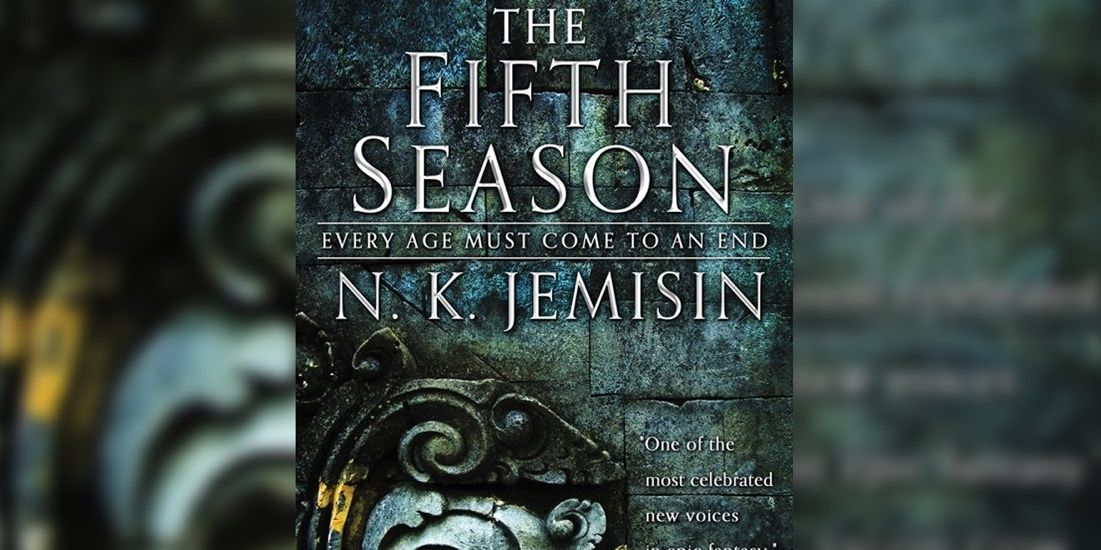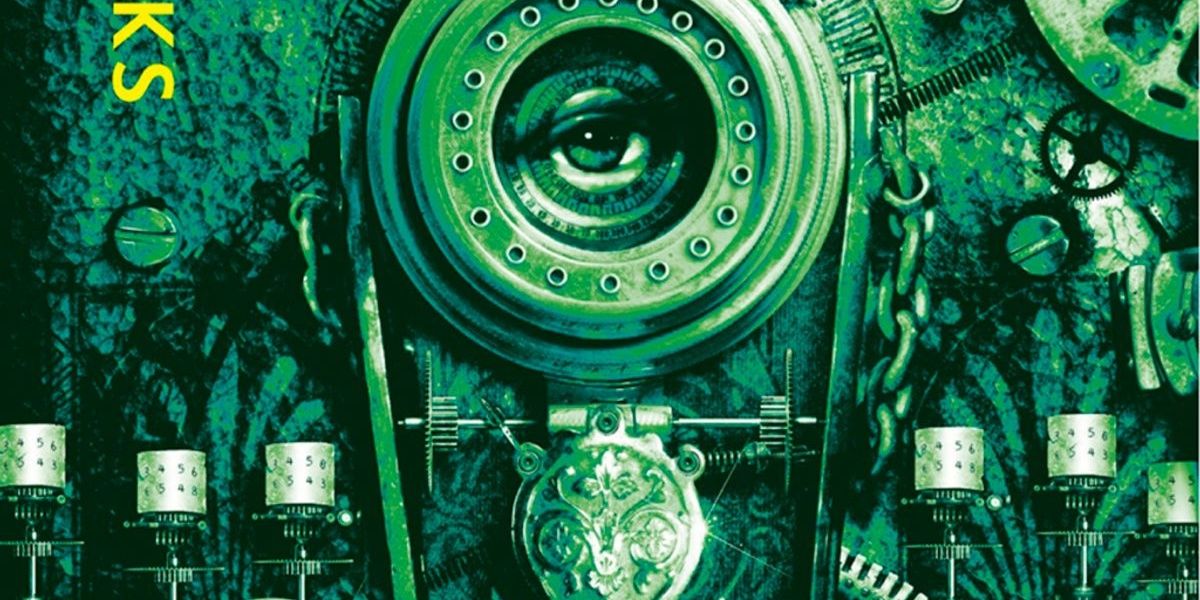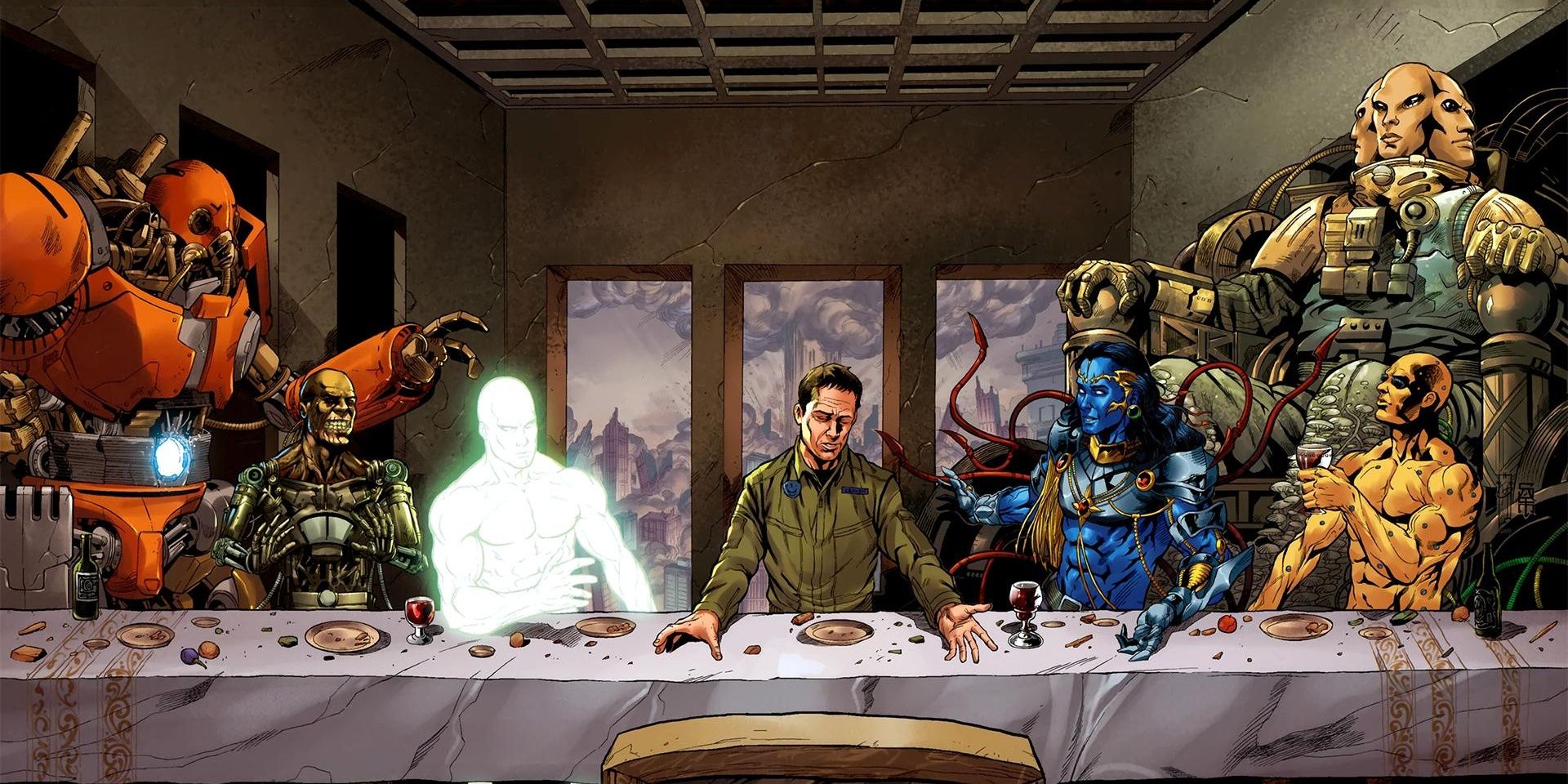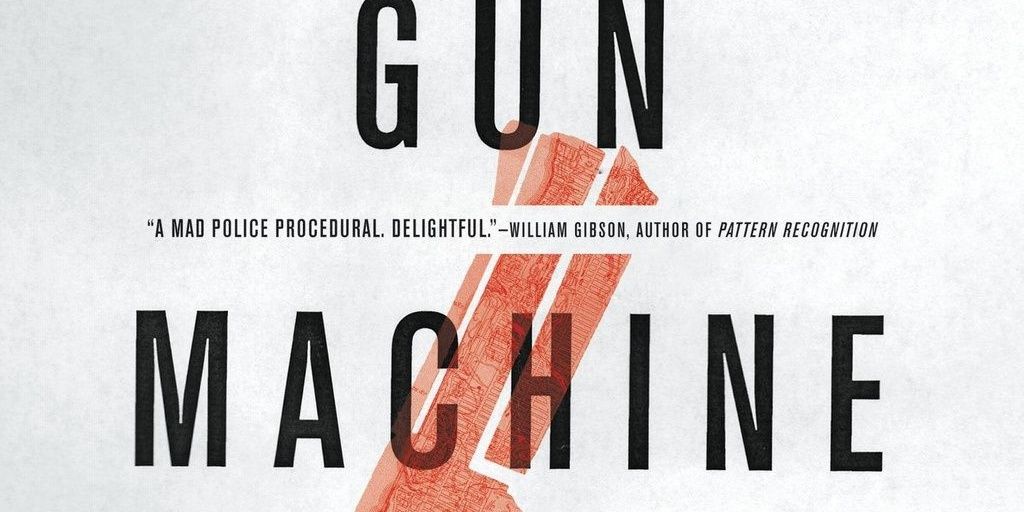Science fiction is more than just a genre that imagines possible futures. It shapes the future of storytelling and the world. The dystopian cyberpunk futures of '80s fiction inspired the current technology and societal changes of the real world.
These days, Hollywood sci-fi trends are usually about ten years behind what is coming out in books. Any ideas too radical or ahead of the curve have a hard time getting funding from major movie producers. Some sci-fi books -- even decades after they are made -- are just too much for mainstream audiences. These are ten science fiction books too twisted to be made into films:
Ancillary Justice by Ann Leckie
Some books just cannot be adapted to the screen. They are literally unfilmable. Ancillary Justice is the first installation in Ann Leckie's Imperial Radch Trilogy, which won the Arthur C. Clarke Award, the Hugo Award, the Nebula Award, and the Locus Award.
The story is told from the perspective of a ship's AI stuck in a humanoid body. Part of what makes the novel work so well is that the AI does not understand the human concept of gender, so every character is coded female. While the show has been optioned for a TV adaptation, this is something that can only be done in print.
Lazarus by Greg Rucka & Michael Lark
The graphic novel Lazarus is among the most insightful works of fiction of the past decade. It blends elements of class consciousness with biomedical cyberpunk action in a grim story about a conflict between the obscenely rich families who own the planet.
The main character, Forever Carlyle, is the assassin and guardian of her family's interests, trained from a young age to put family first. Throughout the series, she becomes gradually aware of the different ways her family has been manipulating her to hurt others -- even as she works to save them from complete annihilation. The critiques of unregulated capitalism's impact on lower classes are uncomfortable and honest, making this story the last thing the nouveau rich will want produced.
Off To Be The Wizard by Scott Meyer
This sidesplittingly funny novel follows a character who realizes that reality is part of a computer program that he has the power to hack. After learning how to change his placement in time, he uses time travel to journey back to medieval England to set himself up as a wizard. Little does he know that other hackers have already had this idea and have built a community there.
The story is both funny and genuinely tense with many surprising plot twists, but its absurd nature and mixed tone would make a live-action adaptation stretch the limits of believability.
The Atrocity Exhibition by J. G. Ballard
Author J. G. Ballard was born in China and witnessed the Japanese Imperial Army's invasion of the country, seeing war crimes that would forever haunt his fiction. He witnessed the horrors and potential of humanity's extremes, perhaps best put on display in his experimental novel The Atrocity Exhibition.
The novel's protagonist, a psychologist, spirals into madness, perhaps most famously explored in one section of the book entitled "Why I Want To F**k Ronald Reagan," in which the experiments are performed to determine how then-actor Ronald Reagan impacted subjects' psychosexual preferences. Beyond the lurid subject matter, the protagonist's name continues to change from one section to the next as he moves between all-but-unconnected vignette stories within the novel.
Snow Crash by Neal Stephenson
Neal Stephenson is one of the biggest names in sci-fi and his book Snow Crash is considered a pinnacle of cyberpunk fiction. Set in a near-future anarcho-capitalist dystopia, the world-building is half the appeal in this exhilarating countercultural techno-thriller.
The story's heroic protagonist is named... Hiro Protagonist. He is a pizza delivery boy for the mob despite also being the last of the freelance hackers and the greatest swordsman on Earth. Yes, really. Despite that opening description being cheesier than Uncle Enzo's pizzas, the book deals with themes ranging from apartheid to Babylonian theology in an intense mystery surrounding a computer virus that is infecting the brains of hackers. Since 1996, various groups have tried to adapt it into a film or TV show, but so far it seems unfilmable.
This Is How You Lose The Time War by Amal El-Mohtar and Max Gladstone
The novella This Is How You Lose The Time War is one of the breakout hits of 2019 and was listed as one of NPR's best books of the year, despite the network's long-standing reluctance to embrace speculative fiction.
This story has two protagonists, agents representing different possible futures, who fight across multiple timelines to try and alter reality to bring about the future they are from. The two agents begin leaving notes for one another, communicating up and down the length of multiple timelines, their hostility lessening as their communications evolve over time. Beyond the technical difficulties presented in scenes like someone's consciousness moving through the chemical channels in plants or messages written in objects which can't be seen with the human eye, there are also passages left intentionally vague which are key to the plot. Putting such things onscreen would change their nature.
The Fifth Season by N. K. Jemisin
To be clear, this book is currently contracted for a film adaptation. However, the nature of this Hugo Award-winning masterpiece is such that it almost certainly will prove unfilmable. This book is one of the great literary works of the past decade and was listed by The Guardian as one of the 100 best books of the 21st Century.
For all its brilliance, this is a work that really must be read, rather than seen. One of the characters is written entirely in second person. The liminality of time, gender, race, love, family dynamics, and a reader's relationship to the page are core concepts. The book's honest look at sexuality and child soldiers also give it more sophistication than Hollywood is known for.
The Difference Engine by William Gibson and Bruce Sterling
This is one of several novels that led to the creation of the steampunk genre. The novel is set in an alternate history of the 19th Century in which the computer has been invented, creating an abundance of new wondrous technologies well ahead of their time.
Historical fiction in movies tends to be so wildly inaccurate as to border on fantasy. A smart alternative history that covers obscure areas like the Republic of Texas and manages to explore new ways that advanced machines could exist well ahead of their time.
Supergod by Warren Ellis and Gary Gastonny
Warren Ellis may very well be the greatest science fiction writer in comics. His work on titles like Lazarus Churchyard, Transmetropolitan, Trees, and Injection infused the comics world with groundbreaking idea-rich stories that were unlike anything else, while he reinvented the superhero medium while working on the books Stormwatch and The Authority. One underappreciated book of his that is truly twisted -- and brilliant -- is the comic Supergod which he made with artist Gary Gastonny.
This book looks at the creation of superheroes through the geopolitical lens of the arms race and Space Race of the Cold War. The gods of this book are post-human weapons meant to serve nationalist interests. However, what a nation needs to survive may very well be inhumane and gods never cooperate with the plans of lesser beings.
The Gun Machine by Warren Ellis
While he is best known for his work in comics, Warren Ellis has also written a number of prose works, among them his novel The Gun Machine. This work of contemporary science fiction looks at how data real estate and signal speed impact current economic markets while following its protagonist, a jaded cop investigating a case while dealing with the trauma of watching his partner get killed in front of him.
The book is relatively tame for Ellis but it deals with everything from the sexual proclivities of a New York marriage to the habits of a mass killer who takes inspiration from the Native American cultures he appropriates.

